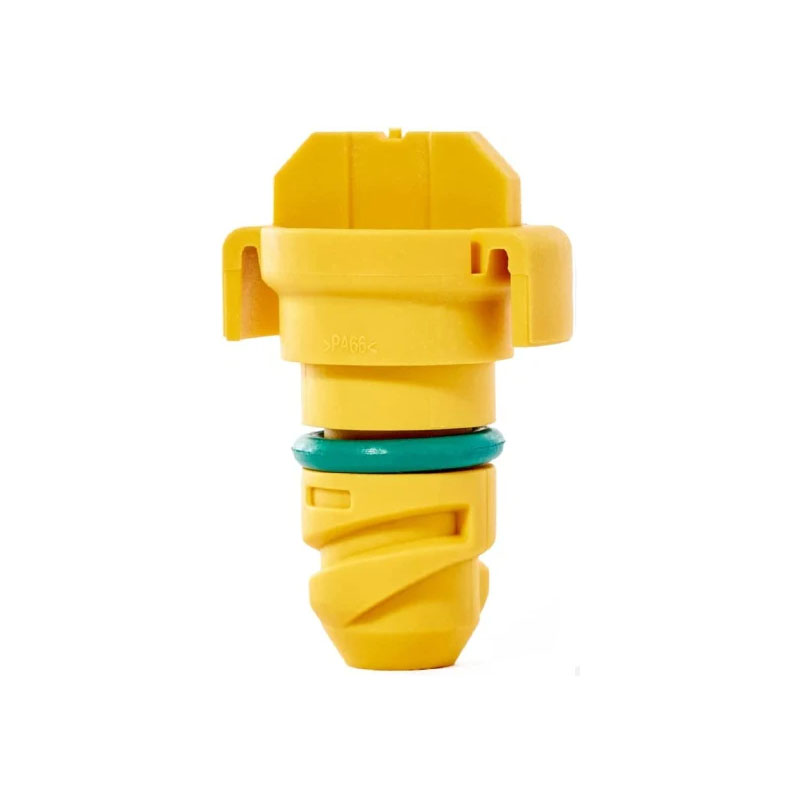oil tank seal
Understanding Oil Tank Seals A Critical Component in Industry
In the world of industrial applications, oil tanks play a crucial role in the storage and management of various oils, including petroleum products, lubricants, and more. One of the most vital components associated with these tanks is the oil tank seal. This seemingly simple part is essential for ensuring safety, environmental protection, and the efficiency of operations involving liquid hydrocarbons.
What is an Oil Tank Seal?
An oil tank seal is a sealing mechanism designed to prevent leaks of liquid and vapors from tanks used to store oil and other hazardous materials. These seals are meticulously engineered to withstand differing environmental conditions while ensuring a tight closure. The seals are generally made from durable materials such as rubber, silicone, or specialized plastics, which help to endure the corrosive nature of various oils and temperature fluctuations.
Importance of Oil Tank Seals
1. Safety One of the primary functions of oil tank seals is to enhance safety. Oil spills can lead to catastrophic incidents, including environmental disasters and health hazards for nearby populations. By effectively preventing leaks, seals help mitigate such risks, ensuring that stored oils remain contained even under pressure changes or heavy operational demands.
2. Environmental Protection With increasing regulations around environmental protection, the need for effective sealing mechanisms has never been more crucial. Oil tank seals play a significant role in reducing the risk of ground and water contamination, which can occur due to leaks. Ensuring that these seals are regularly maintained and replaced as needed contributes to the overall health of our ecosystems.
3. Economic Efficiency Leaks from oil tanks can lead to significant financial losses. Not only is there the immediate cost of lost product, but there are also potential fines and cleanup costs associated with environmental damage. Effective sealing helps companies avoid these costs while ensuring that their operations remain efficient and profitable.
4. Operational Integrity Maintaining the integrity of oil storage tanks is critical for operational success. The right oil tank seal minimizes the risk of contamination and helps in maintaining the quality of the stored oil. This is particularly important in industries where oil quality is directly linked to performance, such as in manufacturing and automotive sectors.
oil tank seal

Types of Oil Tank Seals
There are several types of oil tank seals available, each designed for specific applications.
- Gasket Seals These are the most common types and are often used between the flanges of tank lids and bases. They ensure a snug fit and can be made from various materials to suit different types of oils and operational conditions.
- Mechanical Seals These are used in applications where high pressure and temperatures are involved. They provide a robust sealing solution and are often employed in pumps and other equipment connected to oil tanks.
- O-ring Seals Popular for their versatility, O-rings can be used in a range of applications. They are typically easy to install and replace, offering a reliable sealing option.
Maintenance of Oil Tank Seals
Regular maintenance of oil tank seals is imperative to ensure their effectiveness. Over time, seals can wear out or become damaged due to environmental factors or mechanical stress. Routine inspections, replacements, and proper installation practices are vital in maintaining the integrity of oil storage systems.
Conclusion
In conclusion, oil tank seals are a cornerstone of safe and efficient oil storage practices. Their design, material selection, and maintenance directly influence safety, environmental protection, and economic efficiency. Industries that rely on oil storage must prioritize the health of these seals to ensure their operations remain sustainable and compliant with regulatory standards. Understanding the importance of oil tank seals can help manufacturers and operators adopt best practices, enhance safety measures, and ultimately contribute to a more responsible approach to oil management.
-
The Ultimate Guide to Car Repair Kits: Tools and Essentials Every Driver Should Own
News Aug.01,2025
-
The Complete Guide to Oil Pan Gaskets: Sealing Engine Leaks the Right Way
News Aug.01,2025
-
Preventing Oil Leaks: A Complete Guide to Oil Pan Gaskets and Drain Seals
News Aug.01,2025
-
Everything You Need to Know About Oil Pan Gaskets and Drain Plug Seals
News Aug.01,2025
-
Essential for Car Owners: How to Use a Car Repair Kit to Deal with Minor Breakdown
News Aug.01,2025
-
Comprehensive Guide to Engine Oil Sump Gaskets and Related Seals
News Aug.01,2025
-
The Ultimate Guide to Boat Propeller Bearings and Trailer Wheel Bearings
News Jul.31,2025
Products categories















